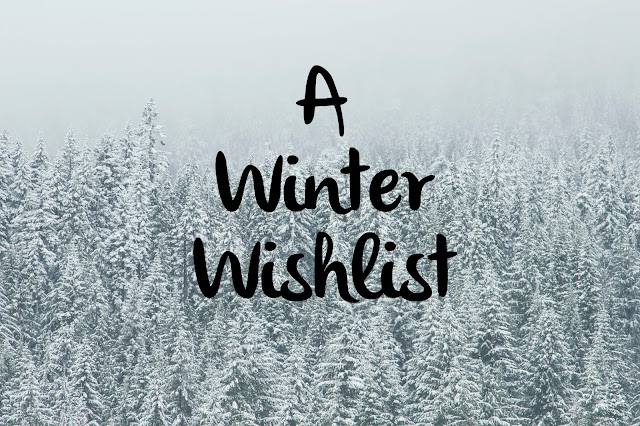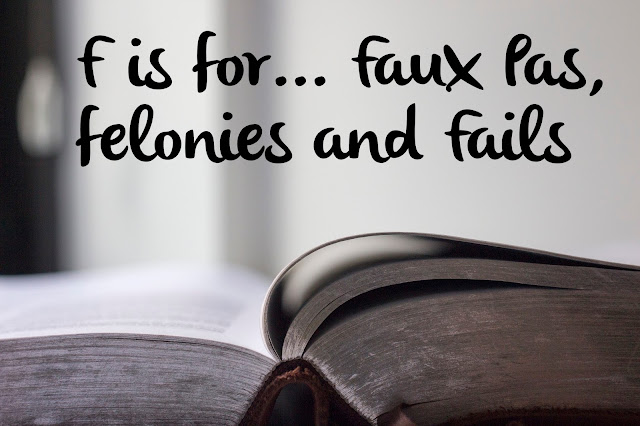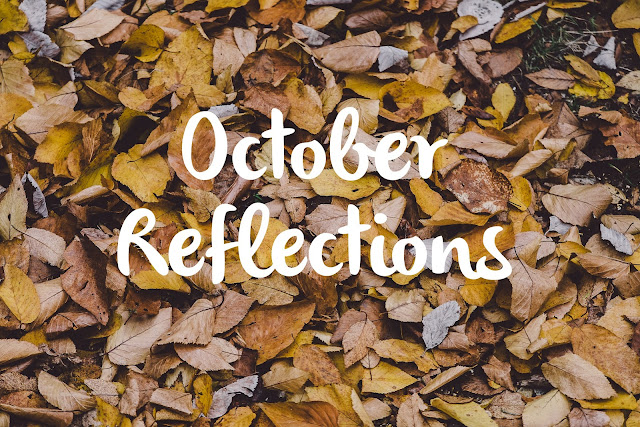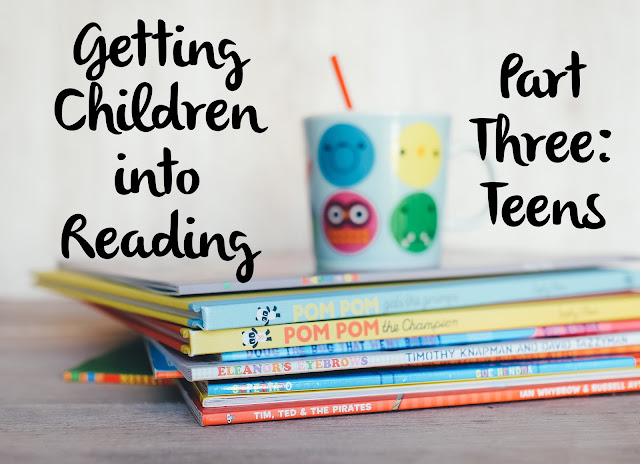For me, the build up to Christmas can be even more joyful
than the day itself. Anticipation, excitement and planning have come to define
my sense of festivity. But, of course, expectation is a double-edged sword.
Whilst it’s great to be excited and enthusiastic, being too caught up in how we
want something creates a lot of pressure. Making yourself present is the best
present you can give yourself. Here are five ways to stay in the moment this Christmas…
Be here now
Every year I treat my family to the same sermon about the
importance of enjoying your Christmas as it is. It’s tempting to say ‘last year
was the perfect Christmas’ or ‘I wish I had X, Y and Z this Christmas’ but to
do so would be to miss out on the Christmas present. The truth is, whether for
better or worse, we never get the same Christmas twice; new people come into
our lives, people spend Christmas somewhere else, circumstances change. Embrace
each new Christmas without comparing it or wishing for more.
Go tech free
Be present for the people around you and yourself by having
a few periods of technology free moments. Obviously, there are many Merry Christmas
messages to send and Skype calls to be made but don’t let it consume your day. And don’t fall into the ‘compare and despair’
trap by spending hours looking at how everyone else is celebrating.
Grounding
If your feeling overwhelmed by anxiety, irritated by your
family members or just generally in a bit of a Christmas daze, try a grounding technique.
Grounding helps you get out of your mind a bit and back into the present. You
can do this by paying attention to your breath, counting how many things of a particular
colour you can see, or paying attention to your senses.
Silence
If your household is going to be busy and noisy this Christmas,
take a moment to find somewhere quiet and just breathe. Standing outside for a
minute or so is even better. Not only will this help you feel calmer, it will
stop the day going by in one mad rush.
What do you need?
In a recent episode of Earn Your Happy, Lori Harder
discussed the importance of asking yourself this question during the festive
season. There seems to be an idea that because Christmas is a one-off time, our
behaviour should be one-off too. Introverts who hate parties are supposed to
undergo Scrooge-like conversions, and be the life and soul until the 1st
January. People who hate cooking end up making the Christmas dinner. Avoid all
this unnecessary stress by asking yourself ‘what do I need to feel calm and
happy this Christmas?’ If that’s time to yourself, time for rest, an early
night, a sense of structure or a brisk walk, make sure you have it.
What are your top tips for staying calm and present this Christmas? Do leave a comment below!















































